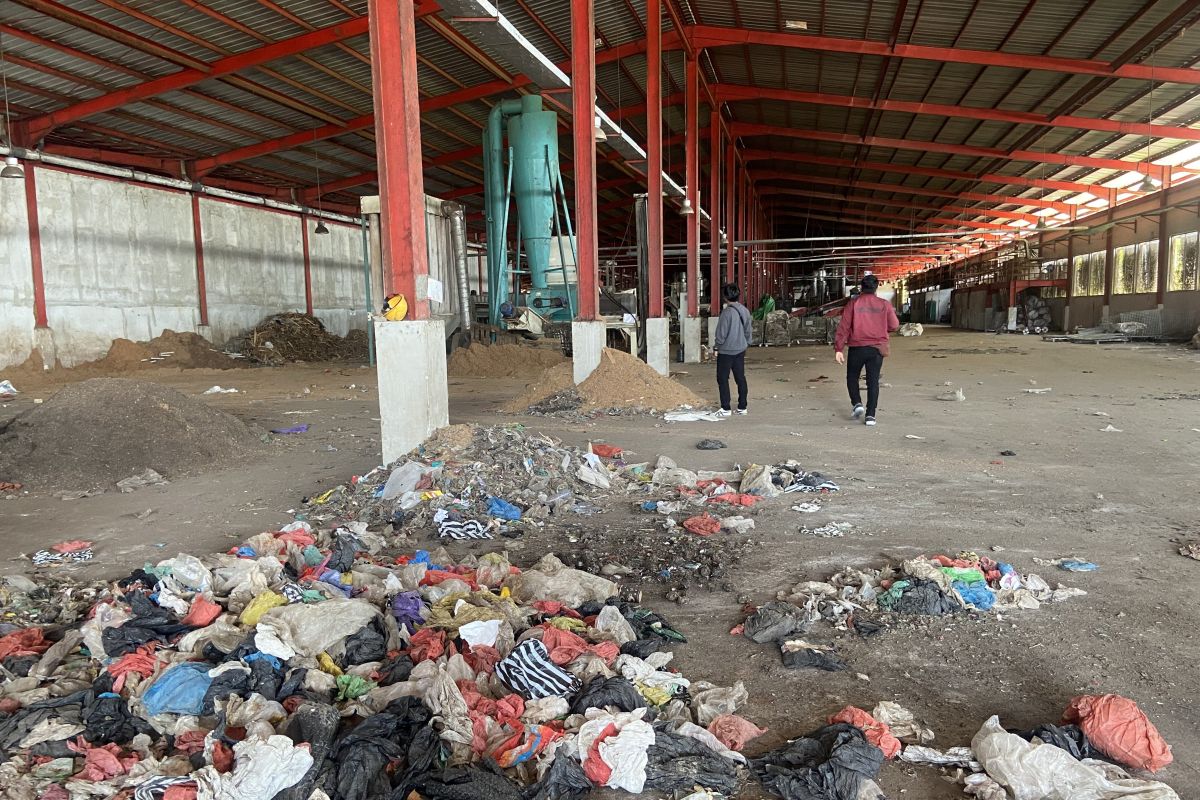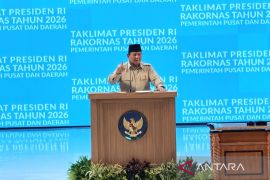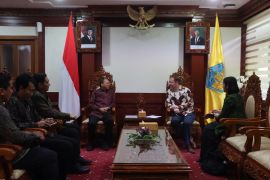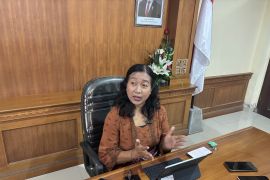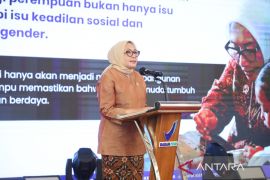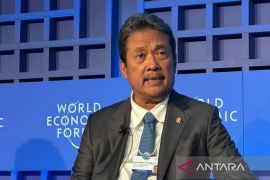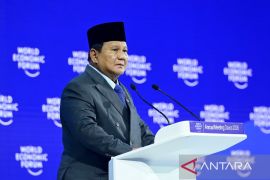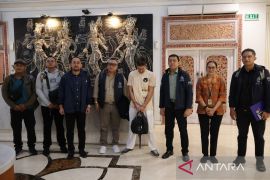"For example, Surabaya already has a large capacity system (for managing waste)," the ministry's director of waste management, Novrizal Tahar, said while visiting the Kertalangu Integrated Waste Management Site (TPST) in Bali on Tuesday.
Surabaya has been converting waste into energy since 2021. It has the capacity to handle one thousand tons of waste per day and produce 9 megawatts of energy, he said, adding that this system can be taken as an example.
The waste management and processing system in Surabaya is permanent, massive, and has a large capacity. With such a system in place in Surabaya, there is no need to study waste processing overseas, he said.
According to the Ministry of Environment, in addition to Surabaya, there are several areas that have implemented a good waste processing system, such as Banyumas, Central Java.
However, Tahar said that in establishing a waste processing system in Bali, attention must be paid to the social and cultural conditions.
There are two TPSTs in Bali, namely in Denpasar City and Badung District, which use technology that converts waste into refuse-derived fuel (RDF). However, Tahar said that the RDF system may not run well in Bali.
"The RDF system must have an off-taker, like the cement (industry), coal-fired power plants, the smelter industry, the metal casting industry, the fertilizer industry, and the paper industry, and all six of them do not exist in Bali," he expounded.
Therefore, the Ministry of Environment has asked the local government to evaluate and review a proper waste management system for Bali.
Related news: Govt inaugurates road in Bali paved with plastic-infused asphalt
Related news: Homecoming: Ministry to focus on handling waste in Sumatra, Java-Bali
Translator: Muliantari, Kenzu
Editor: Rahmad Nasution
Copyright © ANTARA 2024
